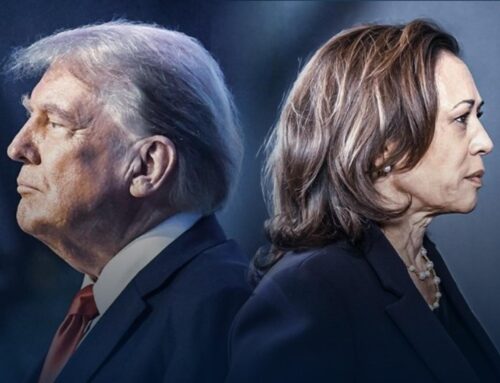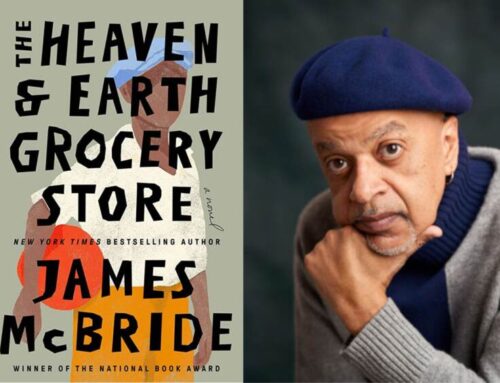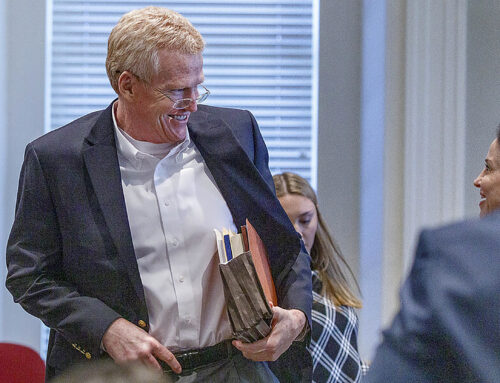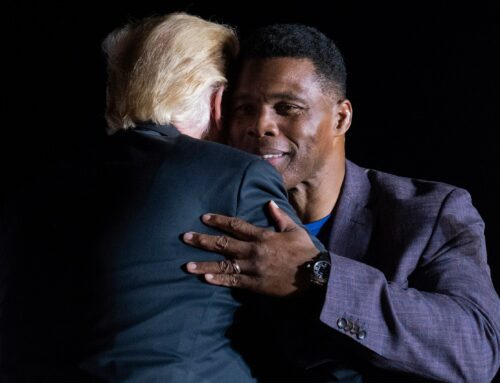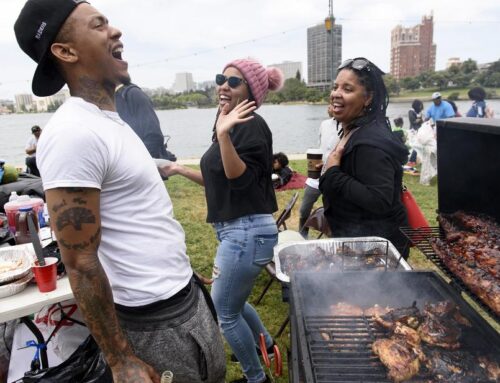CLEVELAND — Will we still be the United States of America after the threat of COVID-19 has passed? Over the last few weeks, the notion of our being 50 states united in common cause has been severely tested. It has sounded at times as if we were governed by the 1781 Articles of Confederation, rather than by the U.S. Constitution that begins with the words “We the people of the United States. 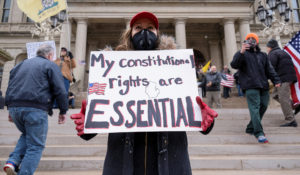
We have not seemed united when it came to “stay-at-home” policies to slow the spread of the virus. Many states never issued such an order, and others started too late to prevent the virus from taking root in their communities and possibly spreading to neighboring states. We have not seemed unitedwhen states have been bidding against one another in the open market to secure ventilators, surgical masks, and personal protective equipment (PPE), all because there was no federally coordinated process. Of course, this drove up the price, and it also disadvantaged those smaller states that could not maintain a bidding war with New York or California.
We have not seemed united when the president insulted various state governors simply because they did not agree with his timetable to reopen the country to economic activity. We have not seemed united when the president told his millions of Twitter followers to “liberate” their states from their own state governments if they will not follow his directives. We have not seemed united when protesters at Trump-inspired rallies gathered in front of various state capitals waving confederate flags and banners with the Nazi swastika
We have not seemed united when U.S.-born Asian Americans became the victims of hate crimes, simply because the virus may have originated in China.
We have not seemed united when centuries of social neglect have caused African Americans and Native Americans to die from COVID-19 at a rate that greatly exceeds their percentage of the national population. There has always been some question, even in the original language of the U.S. Constitution, as to whether those groups were ever meant to be part of the United States of America. Perhaps that question is now being answered.
Much has rightfully been said about the great work done by medical professionals and first responders during this pandemic. However, we have discovered other “essential workers” who had not previously been fully valued in the UnitedStates. Who cleans the rooms and transports the patients in hospitals? Where would we be today without farm workers, bus and truck drivers, mail carriers. food delivery drivers, restaurant cooks, and janitorial workers inside all kinds of businesses
Their “essential work” has kept the nation moving during this crisis. Many in this group have been asking for a living wage for a long time, but the nation never deemed their service to be worthy of more than the national minimum wage. Will these “essential workers” be honored with better wages and working conditions when the COVID-19 crisis has ended?
This virus has served as a CAT scan on the inequities in our United States. We know what damage it has done to human bodies. The question is, how much damage has it done to our union? We are discovering that every day.
The Rev. Marvin A. McMickle, pastor emeritus of Antioch Baptist Church in Cleveland, retired last year as president of Colgate Rochester Crozer Divinity School in Rochester, New York, where he had served since 2011.
This essay is part of the “Cleveland after COVID-19” seriesfrom thought leaders in Greater Cleveland about what it may look like when we emerge on the other side of the coronavirus crisis.


